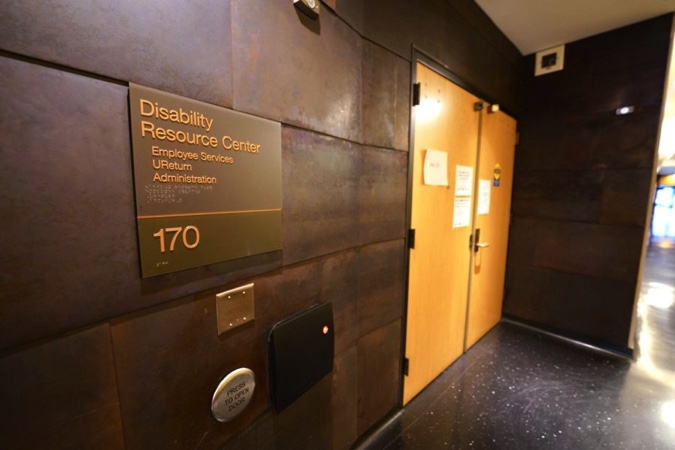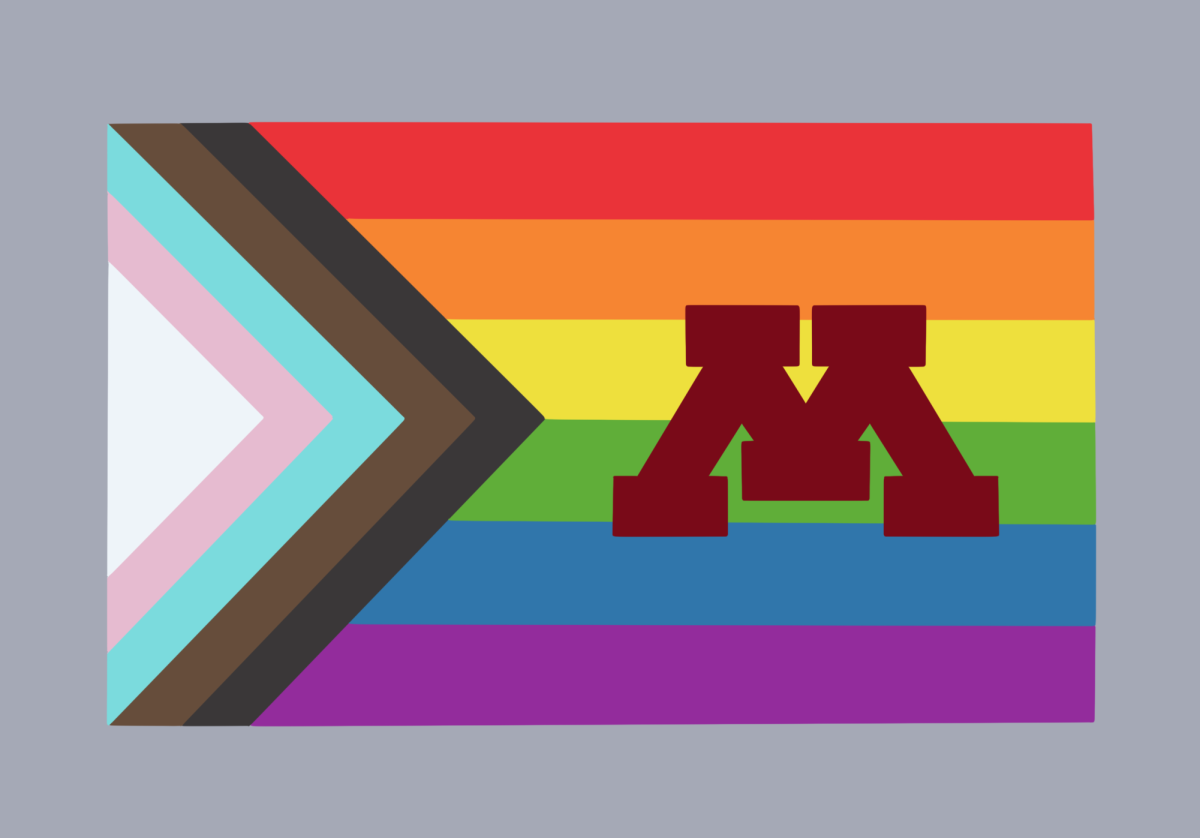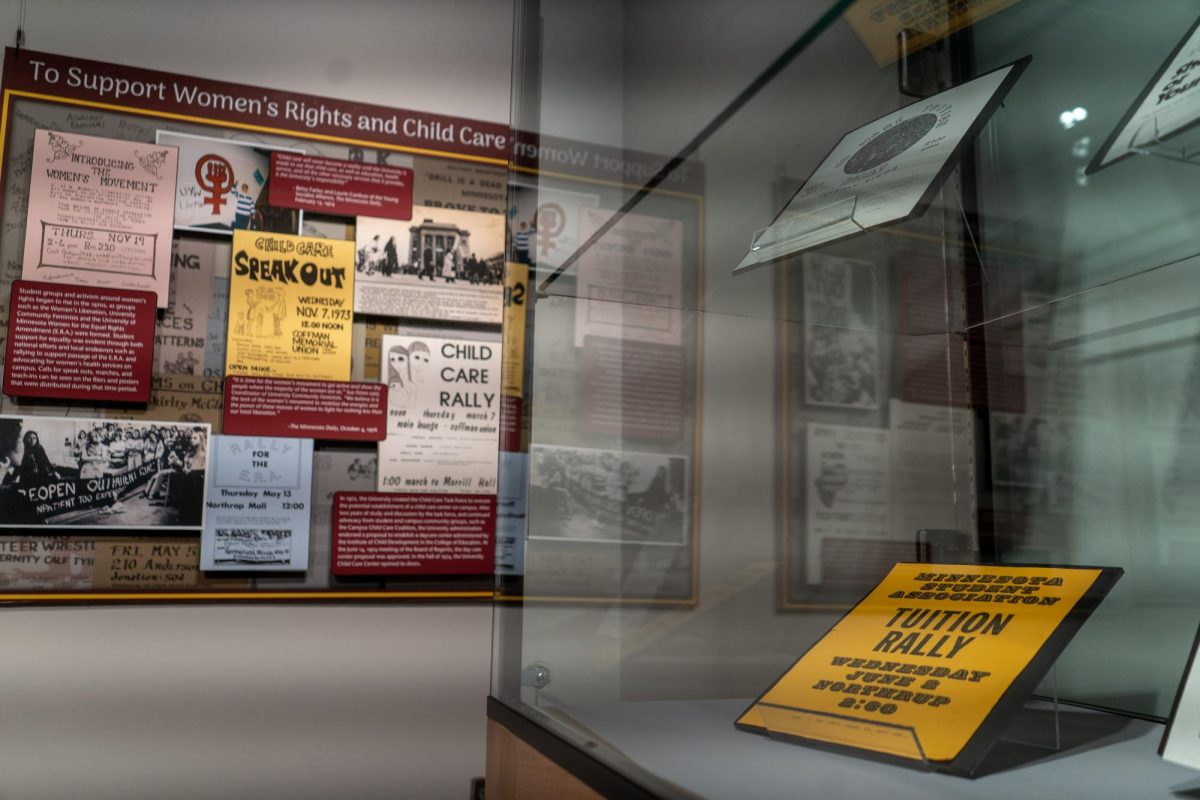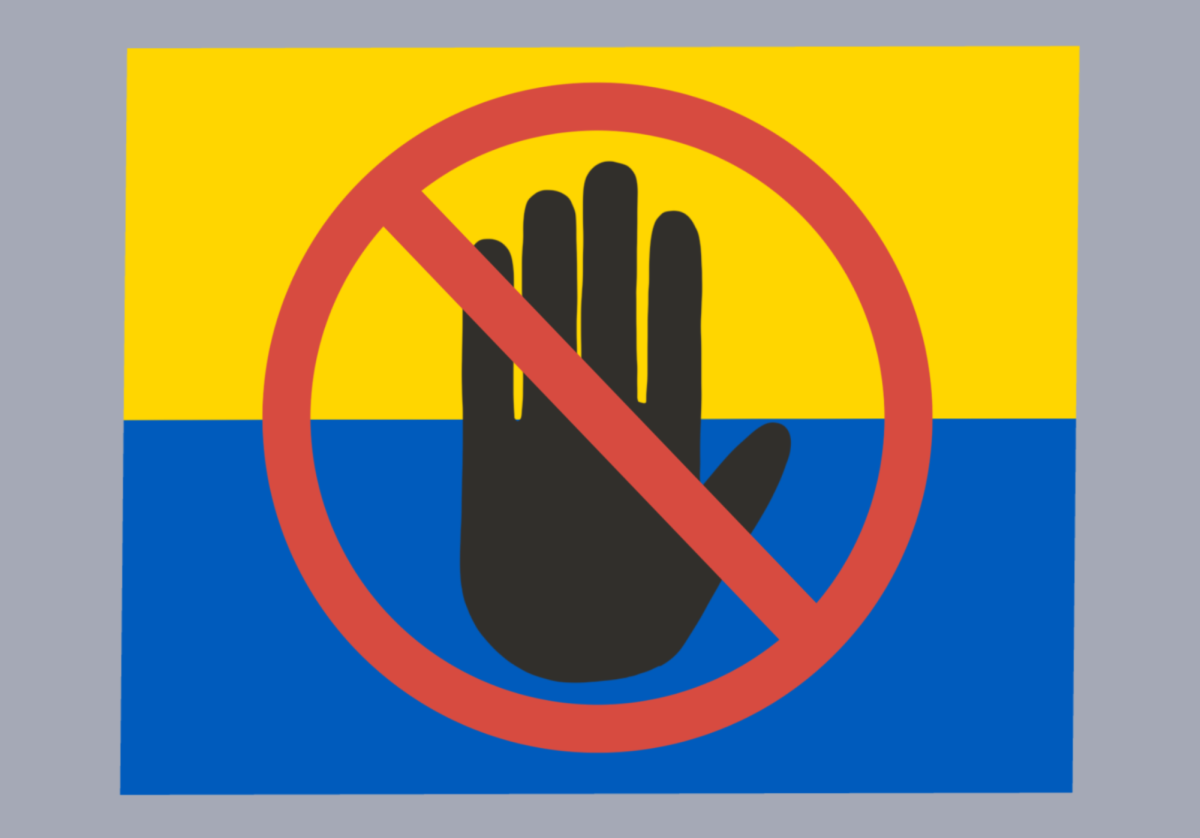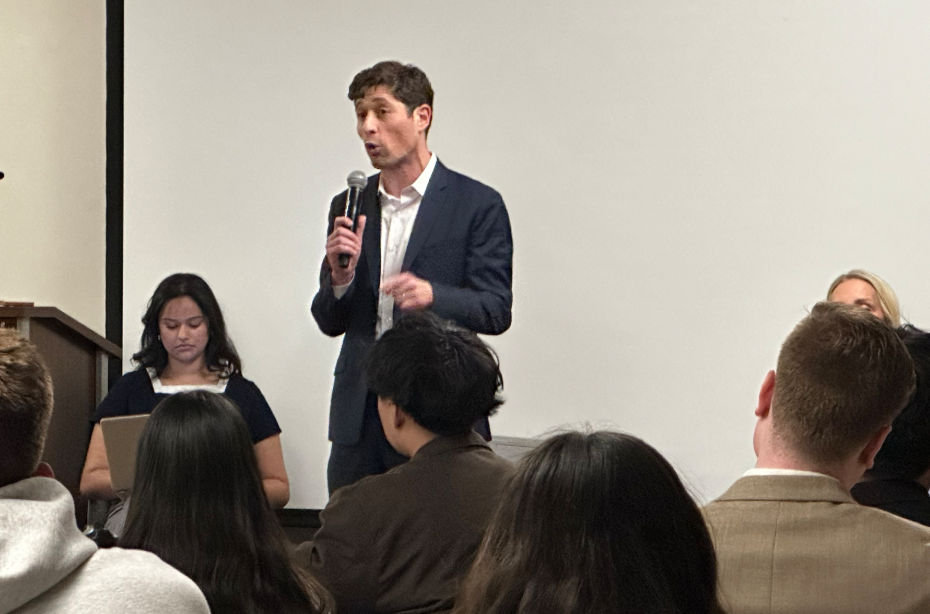After the University of Minnesota Disability Resource Center (DRC) terminated the contracts of seven full-time captionists in August to save more than $160,000 over a six-month period, the center made changes in administration, including the creation of a new administrative position.
The new administrative position offers an annual salary of $87,893.
The DRC’s restructuring follows what some people have said seems to be a trend in the University prioritizing administrative and leadership roles, which can be seen in President Joan Gabel’s pay increase and the increasingly large salary of the head football coach P.J. Fleck, whose new contract with a 7-year extension and annual salary of $6 million was proposed Dec. 7.
Some students who receive DRC services have expressed frustration with the loss of the captionists and said they feel the University is not living up to their expectations.
“I was looking at different universities and colleges … and they didn’t have any staff interpreters or captionists,” Ryan Stumbo, a fourth-year student who uses captioning services, said. “A big part of my decision was the fact that I felt like I’d be supported and I would have the same core captionists [at the University].”
However, the termination of C-Print captionists resulted in a change of core in-person relationships for some students.
Stumbo said the replacement of staff captionists with vendors, “shows that folks that use the DRC are not as much of a priority as other budgeting things.”
Captioning at the University
The former captionists who provide C-Print, real-time text-to-speech transcription for students, staff and faculty, were substituted with Communication Access Realtime Translation (CART) vendors, who provide verbatim captioning by directly translating audio.
Both forms of captioning produce real-time transcriptions of audio, however, C-Print provides meaning-for-meaning translations and CART transcribes conversations verbatim.
According to a 2018-19 study by the Minnesota Department of Human Services, the statewide demand for industry-standard CART services is expected to grow as the number of Minnesotans with hearing loss increases over time.
The University has used vendor-provided CART services for more than 20 years and until this academic year, they provided 70% of captioning services, according to Enjie Hall, the DRC’s new director. The vendors now provide 100% of captioning services both in person and remotely for the University.
AFSCME Local 3937, the union that represents University captionists, advocated for the captionists’ reinstatement, and a petition to save the captionists’ positions was started in June.
The DRC has more than 70 people employed in its office that work with more than 8,000 students to provide work to facilitate disability access and the delivery of captioning services both remotely and in person, Hall said.
Hall said the requests for access and accommodations at the University change daily according to the requests for captioning services by students and faculty. A team of DRC access consultants work with community members to facilitate access that allows for effective communication and an inclusive experience, she said.
Cutting costs
The DRC previously cited cost savings as well as enhancing service to captioning users as driving factors for terminating the captionists. After the DRC notified the captionists of their terminations, they announced they would not be re-filling the C-Print captionist positions.
The center will be using the cost savings to support other DRC programming and resources including teaching, digital accessibility and accessible classrooms and workplaces, according to former DRC Interim Director Scott Marshall.
The captionists’ union submitted a data request in June to access information used to justify the terminations. The University informed them on June 27 they must pay $200 to obtain the requested data because the request exceeded the University’s $50 threshold for charging costs, which the union did not do. The union received a partial release of the data on Aug. 31 and completed an in-person inspection of the full data in October.
The Daily paid the fee to obtain data pertaining to the cost savings between the salaries of the full-time captionists and the vendors.
Before their termination, the captionists provided about one-third of captioning services and the vendors provided the other 70%. From July 1, 2021, through December 31, 2021, the cost of employing both the captionists and the vendors was $418,333, according to the data, while it would have cost $249,312 to employ only the vendors.
By terminating the C-Print captionists’ positions and only using vendor captioning services, the University could expect to save a total of $169,021 for the six-month period, according to the data.
In May, the DRC opened an application for a newly created position titled associate director of operations, which has an annual salary of $87,893.
DRC leadership changes
In the past year, there have been significant leadership changes in the DRC including a new director and a new administrative position.
Ander Bolduc filled the DRC’s newly created position.
The center conducted an internal review in 2021 to identify ways to reallocate resources while continuing to provide robust support for individualized accommodations for community members with disabilities, Lisa Marshall, the director of communications for the Office for Equity and Diversity, said.
The review highlighted the need for an associate director of operations position to enable the DRC director and other staff members to focus more attention on strategic planning to position the University as a leader in inclusive access, Marshall said.
The new administrative position was meant to oversee human resources, budgets and financial processes. Bolduc was responsible for guiding the department in its diversity, inclusion and equity (DEI) efforts in addition to being a key contact for outreach, media and research participation requests.
Bolduc resigned from the position in early November.
The University refused the Daily’s request to have an interview with Buldoc while he was still in the position.
Hall, the DRC’s new director, joined the University Aug. 29, after the termination of the captionists and said she knew little about the termination process because the previous DRC, director Donna Johnson, oversaw the process.
The student experience
The leadership changes and captionist terminations impacted some of the students who use the DRC for captioning services.
Shelby Geldon, a fourth-year student who uses captioning services, said the captionists’ terminations personally impacted her experience at the University because she became close with the people providing her services.
“Before the firing, I always had the same three or four people that were captioning my classes … I got to know them very well, and they knew me,” Geldon said.
Taylor Utterberg, a University employee who uses captioning services, said having a captionist on the University staff shows the commitment the University has to accessibility.
“The replacement of staff captionists with vendors doesn’t seem like a very efficient or thoughtful move toward people who actually use that service,” Utterberg said.
Geldon said she wishes the DRC would have communicated better about the situation with the captionists and that “they could have asked us what we preferred before they made that decision.”
Scott Marshall, the DRC’s former interim director, previously said students who use real-time captioning generally express a preference for vendor-provided verbatim captioning. Students who read this statement said they disagreed.
Geldon said she believes the in-person services provided by the terminated captionists were better than the current vendor services and that she is unaware of any in-person captioning with the vendors.
“I haven’t seen anyone having in-person captions [this semester], and from what I remember, they also didn’t tell me that that was an option now,” Geldon said.
Geldon said the previous captionists helped her connect with her classmates since they would record all conversations during class discussions. She said she feels the remote vendors tend to miss crucial conversations and questions asked by fellow students because they only record whoever has the microphone.
Geldon said when using the vendors’ remote captioning, she often misses what was happening in class while focusing instead on if the captioning technology was functioning properly.
“Now I have to figure it out, and I’m not super great with that kind of technology,” Geldon said. “I feel like the in-person captionists help if I’m having technology issues they know right away … I can just continue focusing on the class instead of having to try to fix it myself.”
Students also reported their captioning accommodations have become increasingly difficult after the captionists were terminated.
To gain access to the captioned videos, a student, who said they use DRC services and requested to stay anonymous because of concerns they would lose access to DRC services, said they had to email the professor for each class separately for accommodation.
Some students said they feel the DRC’s captionist terminations have caused barriers to their learning because of the extra time commitment needed to receive accommodations.
“For a student who’s disabled, we shouldn’t have to bend over backwards,” Stumbo said.
Conflicting opinions
Amid concerns from the University community regarding the captionists’ terminations, the DRC stated it is still committed to accommodating students who need captioning services.
“We [the DRC] are the largest team in the nation, so we really value our relationship with our students,” Hall said. “If a student requests a captioning service, we have a further conversation with them so they fully understand how that captioning service works.”
Geldon said the DRC did not tell her the difference between C-Print and CART captioning and was unaware she could request in-person captioning with the vendors.
Although the DRC states it provides services to all students, faculty and staff with documented disabilities, some students said they feel the DRC can be difficult to work with.
“The University kind of discouraged me from getting captioning … I really had to advocate for myself,” the anonymous student who uses DRC services said. “I really had to be insistent that I need this.”
The student said when they requested captioning accommodations, the DRC questioned their needs saying, “‘Are you sure? You don’t quite seem like you would need this.’”
According to Gabel, the DRC is a critical part of the University’s commitment to inclusion so that all students, faculty and staff are successful and feel welcomed.
“Due to the increasing demands on the resources provided by the DRC, the departments had to make a difficult choice,” Gabel said in an interview with the Daily in September. “It is sad and unpleasant, but the employees received notice in advance so they could pursue other opportunities within or outside the University with no loss in quality of captioning services.”
When the captionists were laid off, the DRC informed them there were currently no vacant University positions for them to apply to. They also told the captionists they were unable to accept a position occupied by another University employee, according to a letter sent to the former captionists by the DRC.
Captionists are sad to leave
Despite the contract terminations, some captionists said they are sad to leave the University and still wish to return.
“I have had this long-term experience of sadness about the position, where I’ve seen my unit go and knowledge of where it could be and what it used to be,” former University captionist Sina Hanson said.
Although the captionists said they want their voices to be heard and the positions reinstated, most have said they recognize the users of DRC services are at the center of the recent changes.
“The story has never been about the captionists,” Hanson said. “It’s been about the captioning users and the impact of this change on the users who had no say in it.”
Correction: A previous version of this article misstated the office in which Lisa Marshall works. Marshall works in the Office for Equity and Diversity.
Correction: A previous version of this article misstated the termination date of the captionists. The captionists’ terminations were announced at the beginning of the summer, and they worked until Aug. 15. A previous version of this article misstated when the University notified the captionists’ union of the $200 data request fee. The University notified the union on June 27. A previous version of this article misstated when the DRC opened the application for the new associate director position. The DRC opened the application in May. A previous version of this article misstated the nature of an interview with Enjie Hall. The interview was in person.
Clarification: There were no vacant University captioning positions open when the captionists’ positions were terminated. The DRC terminated the captionist positions to provide enhanced services to users through vendor-provided CART captioning, the state’s recommended captioning service type, and to generate cost savings.


